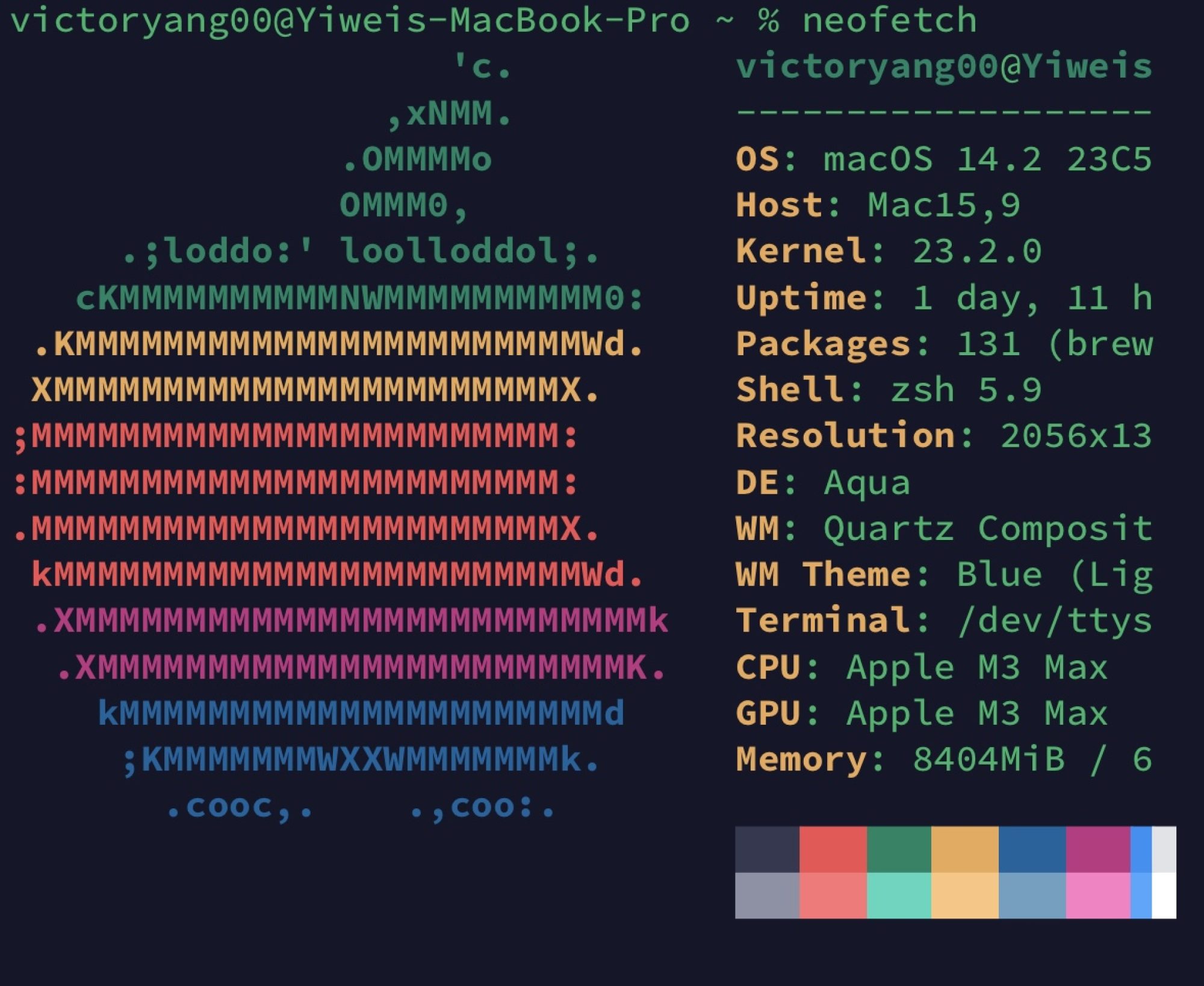---------------------------------------------------------------------------
KeyboardInterrupt Traceback (most recent call last)
/usr/local/lib/python3.6/dist-packages/pandas/io/parsers.py in read(self, nrows)
1838 try:
-> 1839 data = self._reader.read(nrows)
1840 except StopIteration:
pandas/_libs/parsers.pyx in pandas._libs.parsers.TextReader.read()
pandas/_libs/parsers.pyx in pandas._libs.parsers.TextReader._read_low_memory()
pandas/_libs/parsers.pyx in pandas._libs.parsers.TextReader._read_rows()
pandas/_libs/parsers.pyx in pandas._libs.parsers.TextReader._convert_column_data()
pandas/_libs/parsers.pyx in pandas._libs.parsers.TextReader._convert_tokens()
pandas/_libs/parsers.pyx in pandas._libs.parsers.TextReader._convert_with_dtype()
/usr/local/lib/python3.6/dist-packages/pandas/core/dtypes/common.py in is_integer_dtype(arr_or_dtype)
776
--> 777 def is_integer_dtype(arr_or_dtype):
778 """
KeyboardInterrupt:
During handling of the above exception, another exception occurred:
KeyboardInterrupt Traceback (most recent call last)
<ipython-input-30-fceb7d7f50bb> in <module>()
4 get_ipython().system('pip install numpy==1.15.0')
5
----> 6 train_df = pd.read_csv('train.csv', dtype={'acoustic_data': np.int16, 'time_to_failure': np.float64})
7
8 #train = pd.read_csv('train.csv', iterator=True, chunksize=150_000, dtype={'acoustic_data': np.int16, 'time_to_failure': np.float64})
/usr/local/lib/python3.6/dist-packages/pandas/io/parsers.py in parser_f(filepath_or_buffer, sep, delimiter, header, names, index_col, usecols, squeeze, prefix, mangle_dupe_cols, dtype, engine, converters, true_values, false_values, skipinitialspace, skiprows, nrows, na_values, keep_default_na, na_filter, verbose, skip_blank_lines, parse_dates, infer_datetime_format, keep_date_col, date_parser, dayfirst, iterator, chunksize, compression, thousands, decimal, lineterminator, quotechar, quoting, escapechar, comment, encoding, dialect, tupleize_cols, error_bad_lines, warn_bad_lines, skipfooter, skip_footer, doublequote, delim_whitespace, as_recarray, compact_ints, use_unsigned, low_memory, buffer_lines, memory_map, float_precision)
707 skip_blank_lines=skip_blank_lines)
708
--> 709 return _read(filepath_or_buffer, kwds)
710
711 parser_f.__name__ = name
/usr/local/lib/python3.6/dist-packages/pandas/io/parsers.py in _read(filepath_or_buffer, kwds)
453
454 try:
--> 455 data = parser.read(nrows)
456 finally:
457 parser.close()
/usr/local/lib/python3.6/dist-packages/pandas/io/parsers.py in read(self, nrows)
1067 raise ValueError('skipfooter not supported for iteration')
1068
-> 1069 ret = self._engine.read(nrows)
1070
1071 if self.options.get('as_recarray'):
/usr/local/lib/python3.6/dist-packages/pandas/io/parsers.py in read(self, nrows)
1837 def read(self, nrows=None):
1838 try:
-> 1839 data = self._reader.read(nrows)
1840 except StopIteration:
1841 if self._first_chunk:
KeyboardInterrupt:

